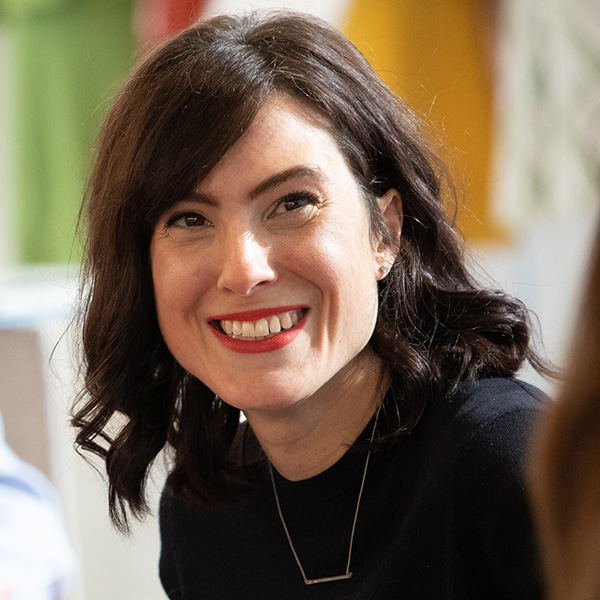Welcome to Ad Age’s Wake-Up Call, our daily roundup of advertising, marketing, media and digital news. If you're reading this online or in a forwarded email, here's the link to sign up for our Wake-Up Call newsletters.

October 22, 2020 10:03 AM
Featured Stories
How Tubi is positioning its ad products for buyers leaving traditional TV
Tubi pitches a slate of new ad formats during its NewFronts presentation, plus an app experience to imitate social and an Amazon partnership.
Latest News
Staying current is easy with newsletters delivered straight to your inbox.
Staying current is easy with newsletters delivered straight to your inbox.







